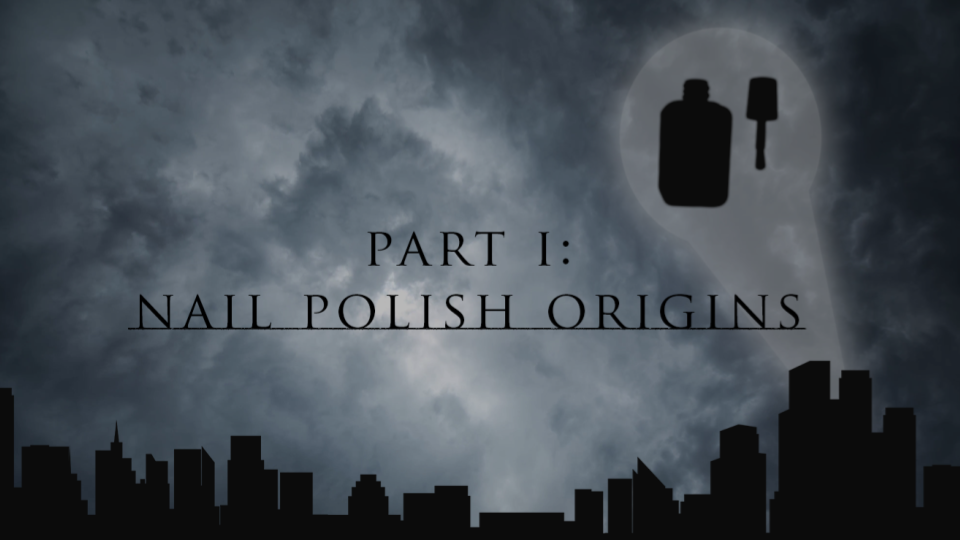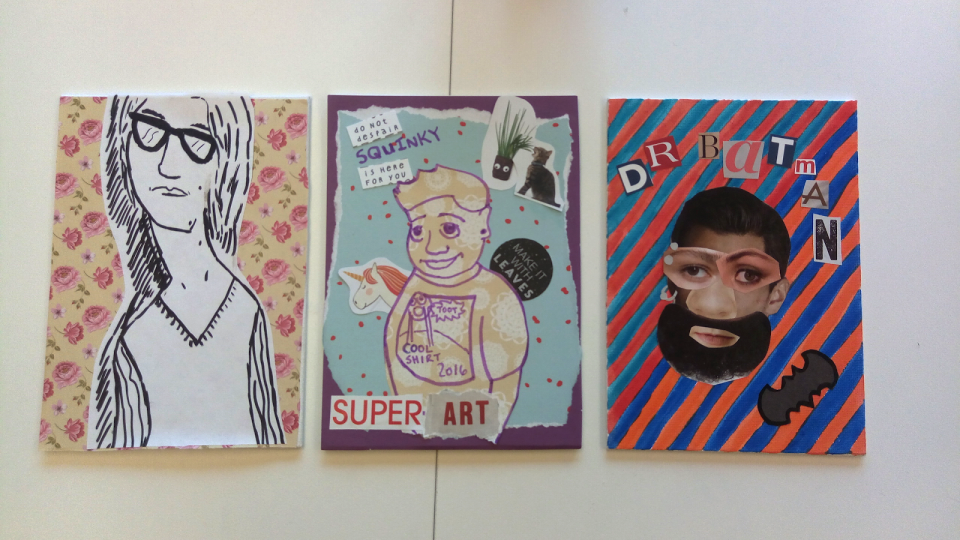
This series of posts recounts the development of I WILL MAKE YOU A BETTER PERSON, a research-creation process talk presented at CGSA 2019. For this project, we began with the idea that we might be able to teach each other valuable game design skills without putting undue pressure on one another. Our collaborative process ended with revelations about the powers of group care, quitting, and nail salons. In today’s post, we go over the genesis of the project and touch on some of the broader ideas that informed our research-creation framework.
Within mainstream game design, the process of production has ever been shrouded in the blackboxing of skills due to the proprietary nature of development (Yin-Poole 2016, Banks 2013). Because of the invisible boundaries that continue to gate access to game-making processes, the audiences of these game technologies are frequently alienated through fetishizations of creativity like the “vision” Casey O’Donnell talks about in Developer’s Dilemma and mystifications of code like “sourcery” that Wendy Chun writes about. Just as obscured, and often problematic, are how “soft skill” processes of labour and care are intertwined with game creation. Hoping to better refine our game creation “soft skills,” we (Squinky, Rebecca, Kalervo) sought to ask: can we use artistic processes, skill exchange, and group care to produce new knowledge? And if so, what kind of knowledge will that be?
The project officially started with the three of us brainstorming an organized panel for this year’s CGSA conference. We knew we wanted to do something off the beaten path, informed more by the process itself than an initial argument or subject. This, and proximity, were the only things binding us together at that point. However, we found our core research questions fit nicely within the paradigm of research-creation. Research-creation is an approach to building knowledge that combines creative and academic research practices, and supports the development of knowledge and innovation through artistic expression, scholarly investigation, and experimentation. Our specific application of “research-from-creation” (Chapman, 2012) meant that we would ultimately produce new knowledge through creating, which in our case would be a videogame and all the supporting design documentation that would come with it.
We loosely organized a series of regular meetings between the three of us to see what this whole strange endeavour could and would become. We internally determined that our project organization should adhere to the following philosophies:
- Let’s meet regularly and begin by just talking about what we’ve been thinking about lately.
- Let’s never let this project be the thing creating stress in our lives.
- Let’s try to make something.
These regular group meetings almost immediately slipped into some form of group therapy. As documented in our sketches, emails, and creative brainstorming, nearly all of our conversations kept coming back to two issues we felt we were unable to express elsewhere: burnout and marginalization. All three of us were experiencing different forms of burnout. Rebecca was nearing the end of her degree and trying to make her post-MDes life work; Kalervo was suffering from post-dissertation defense depression and trying to figure out what life looked like when he would never be a student again; and Squinky was dealing with larger institutional problems that held them down and failed to recognize the myriad challenges dealt with by being a trans person of colour.
Despite the richness of these revelations, we had yet to substantially turn towards making anything in the standard game production sense. Rather than pipelines and burndowns, we spent our time self exploring and research collecting through creative artistic exercises. We practiced hourly comics, and shared group portraits. We wrote our stresses and our hopes to each other. We took time for care, and for observation. Though an unconventional route, these methods would eventually lead us to creating a “real” game…
Next week, we’ll explain just how that extended period of exchange (without the pressure to “create”) was useful to us, and just what we were able to create.


